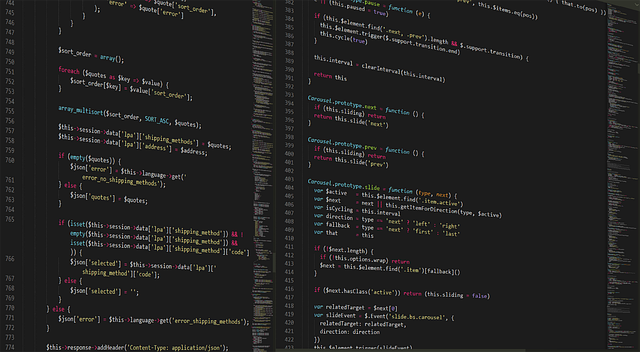The discipline of hermeneutics has undergone a profound evolution, particularly in its unification with scientific inquiry and modern philosophy. As we explore the intricacies of hermeneutical development, we find ourselves intertwined with the rich history of meaning-making and interpretation that extends far beyond mere textual analysis.
Traditionally, hermeneutics involved the interpretation of sacred texts and classical literature. However, as science began to emerge as a dominant mode of understanding the world, the hermeneutical approach adapted. This adaptation reflects an awareness that human experience and comprehension cannot be confined to rigid frameworks. Instead, the dynamism of human thought and culture necessitates a broader dialogue between disciplines.
In the realm of science, the pursuit of knowledge through empirical investigation has sometimes created a dichotomy between objective facts and subjective interpretations. Here, hermeneutics provides a bridge. By employing a hermeneutical lens, scientists can interpret data not merely as isolated figures but as part of a greater narrative that accounts for human experience, values, and context. This intersection offers a richer understanding of scientific findings, enhancing their relevance in our daily lives.
Modern philosophy has also embraced this evolution. Philosophers like Hans-Georg Gadamer and Paul Ricoeur emphasized the importance of dialogue and understanding within the hermeneutical process. Their work sheds light on how we individuate our understanding through cultural influences and historical contexts, reminding us that interpretation is inherently collaborative and ever-evolving. Through this lens, we can appreciate the diverse range of human thought that has contributed to our collective knowledge.
As we navigate the landscape of hermeneutical development, we recognize the importance of dialogue not only between disciplines but also among individuals. The engagement of scientific methods with philosophical inquiry encourages us to contemplate the implications of our interpretations. How do our biases and cultural backgrounds influence our understanding? What role does ethics play in this interpretative journey? These questions remind us that hermeneutics is not just about decoding texts or scientific data; it’s about understanding ourselves and the world we inhabit.
This evolving field invites us to expand our perspectives and encourages interdisciplinary collaboration. In a world where the boundaries between science and the humanities blur, the commitment to hermeneutical development offers a promise of deeper understanding and meaningful engagement. As we continue to explore this realm, let us embrace the complexity of interpretation, recognizing that every perspective adds vibrancy to our collective narrative.




